Rubber tubing is used to move gasses and liquids. Flexible rubber tubing is useful in areas where pipelines would get bent or twisted. Flexible tubing has strong walls that can support itself. Read More…
As the largest in-house pure gum inventory carrier in the U.S., Atlantic Rubber Company has cost-effective and resilient rubber tubing. We carry a variety of materials so that we can make the best product for your needs.
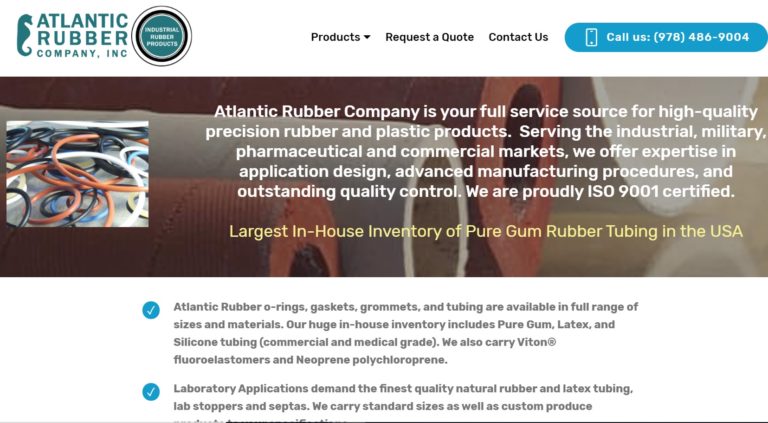
At Kent Rubber Supply Co., we specialize in providing high-quality rubber tubing solutions to meet the diverse needs of our customers. With decades of experience in the industry, we take pride in offering a comprehensive selection of durable, reliable, and customizable rubber tubing products. Our tubing is designed to perform in a wide range of applications, including industrial, commercial, and...
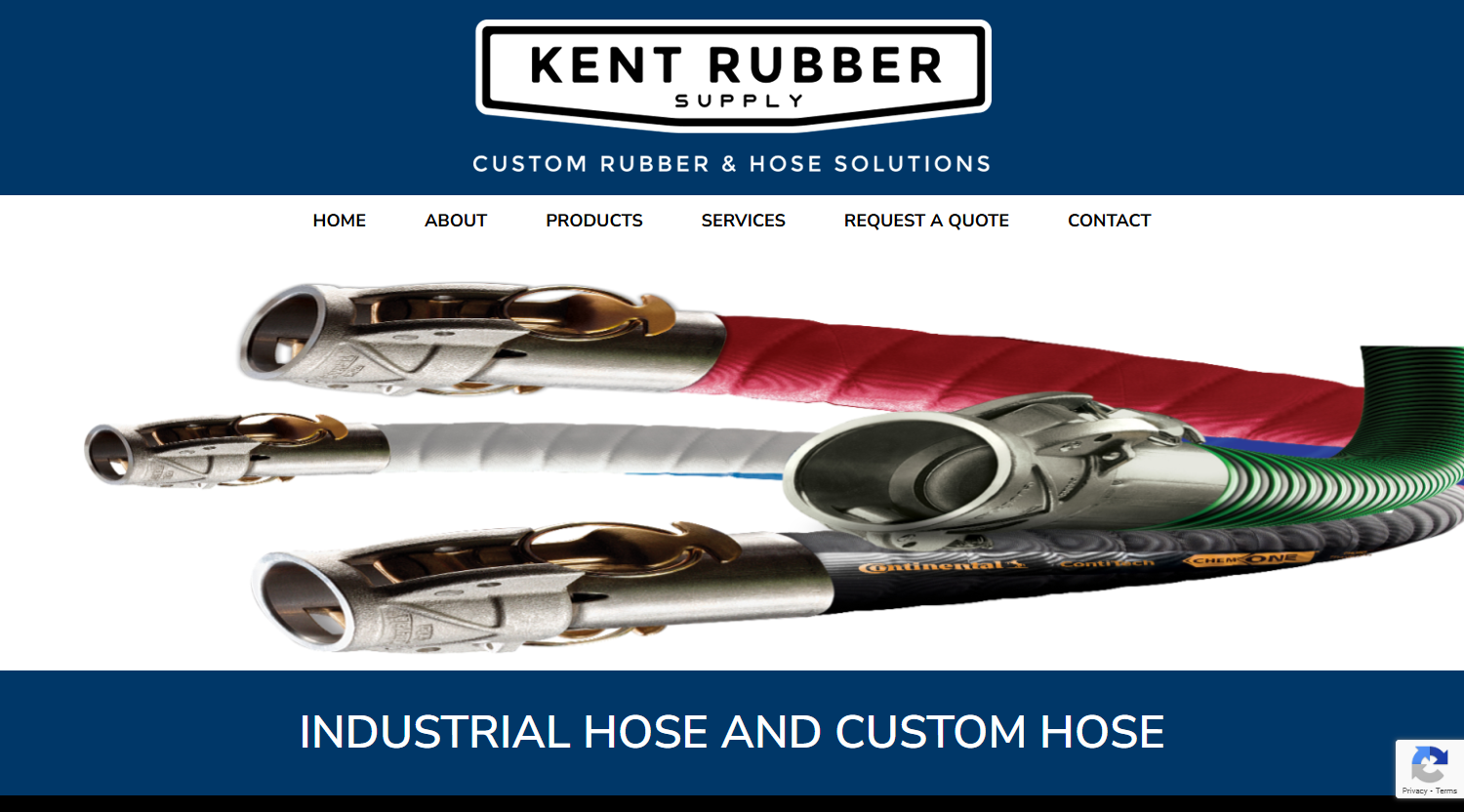
National Rubber is your source for extruded, Molded, Die cut & Secondary fabrication work in rubber products, tubing and shapes made out of Silicone, Flurosilicone, Viton, Nitrile, Neoprene, EPDM, SBR,butyl & any custom compound. We offer our customers high quality, complex shapes and fast turn-around times.

Established in 1986, GSH Industries supplies plastic, aluminum and rubber tubing to an array of industries including automotive, consumer, marine and electrical.
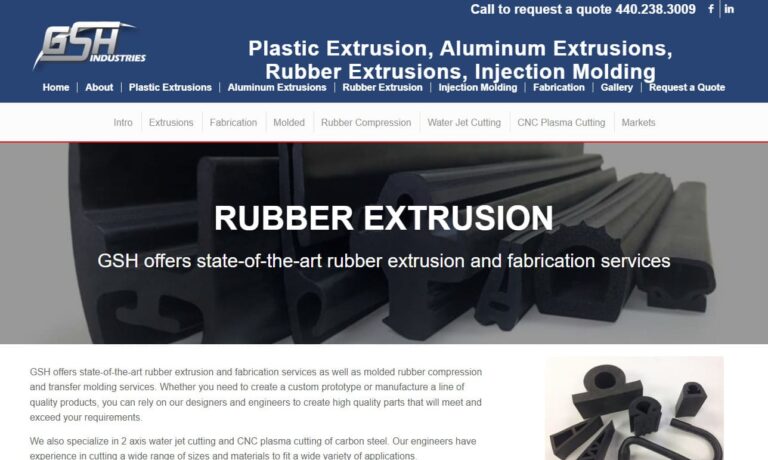
More Flexible Rubber Tubing Manufacturers
Like all the other rubber tubings, flexible rubber tubing can be made from synthetic rubber or natural rubbers like latex and polyisoprene. Natural materials are more elastic than synthetic rubbers. Another characteristic of these natural materials is that they are hygienic in nature. These materials are hygienic, and used widely in the food and medical industries accomodate saftey concerns.
On the other hand, synthetic materials are resistant to tears and work will with oils. Therefore, synthetic materials are used for oils, chemicals, and other diluted acids where natural rubber tubings fail.

Characteristics of Flexible Rubber Tubing
- Flexible rubber tubing are made of natural or synthetic material.
- Rubber is stretchy and flexible, meaning it’s resistant to tears, deformation, and twisting.
- Flexible rubber tubing can withstand more extreme temperatures.
- Flexible rubber tubing are long-lasting.
Materials used for Flexible Tubing
Most of the material needed to manufacture flexible rubber tubing comes from a special elastomeric resin. This resin is elastic, soft to touch, and resilient when thick. Other materials that are used for flexible tubing include:
Thermoplastic Rubber
Thermoplastic rubber provides the strength of plastic and the flexibility of rubber. It is a versatile material that can withstand high temperatures. Thermoplastic rubber is used in high pressure hydraulic systems, chemical fuming processes, and other pressured gas applications.

PVC
PVC material is flexible and crush resistant. But this material is suitable for indoors only as high temperature and humidity can damage it.PVC is light-weight and helps direct the flow of liquids and gasses.
Polyurethane
Polyurethane is good for outdoor use because it deals well with temperature, humidity, chemicals, and abrasion. It is widely used in agriculture, industrial, mining and the lumber industry.
Neoprene
Neoprene is an inexpensive option that works well with oil, grease and high temperatures.
Silicone
.Silicone is a highly durable, flexible, and a versatile option in tube manufacturing. Silicone can retain its shape even at high temperatures therefore, it is widely used in automotive and exhaust industries.
Polyethylene
This material is durable, resistant to high pressure and kinks. Polyethylene is resistant to chemicals also. This material is used in high velocity water treatment plants, and wastewater plants.
Methods for Manufacturing Flexible Rubber Tubing
There are three general methods for manufacturing flexible rubber tubing.
Molding
Molding process forms halves of the tube separately. Liquid rubber is poured into molds and pressed into the tubes. The halves are then attached to each other.
Extrusion
Extrusion is done by forcing the raw rubber material into an extruder or extrusion die.
Dipping
Dipping or latex tubing is the most commonly used process. A cylindrical rod of desired diameter is dipped into liquid rubber material. It is slid out of the tube after the liquid rubber dries.

In all three processes, the rubber is cured and processed. Sometimes vulcanization of rubber is done in order to achieve desired consistency and shape of the tubing.
Types of Flexible Rubber Tubings
Red Natural Rubber
Red natural rubber is manufactured from natural rubber, and is used to transfer liquids, diluted acids, and gasses. It is a strong material, with excellent electrical properties. but doesn’t wear with oil or minerals. But it shows poor ozone, minerals, and oil resistance.

Silicone Rubber
Silicone rubber tubing has increased tensile strength and bacterial resistance. Therefore, it is safe for food and medical use. Silicone rubber tubing is resistant to temperature, ozone and weathering.

Neoprene Rubber
Neoprene rubber is a long-lasting rubber used for liquids and is stubbornly weather-resistant. This rubber can workwell for petroleum, but isn’t as useful for electrical insulation.
Nitrile Rubber
Nitrile rubber is a synthetic rubber that is resistant to fuels, oils, and other chemicals. It is used to transport gas, lubricants, and petrochemicals in pipelines. Nitrile rubber has high tear strength and abrasion resistance but is not good for electrical purposes.

Latex Rubber
Latex rubber is incredibly stretchy and flexible. It won’t become deformed even after continuous stretching. It is used for medical purposes, peristaltic and dosing pumps.
Applications of Flexible Rubber Tubings
- Flexible rubber tubings are widely used in the food and beverage industry.
- Medical and pharmaceutical industry use flexible tubing for sterile equipment
- Automotive, exhaust, and marine industries use these tubings for various applications.
- Agriculture industry uses plastic tubing fo rirrigation. This tubing is also used in hydraulic and peristalic pumps.
- Aerospace and wastewater treatment plants use these plastic tubes for liquid transfer.
Choosing the Right Flexible Rubber Tubing Manufacturer
To make sure you have the most beneficial outcome when purchasing flexible rubber tubing from a flexible rubber tubing manufacturer, it is important to compare at least 5 companies using our list of flexible rubber tubing manufacturers. Each flexible rubber tubing manufacturer has a business profile page that highlights their areas of experience and capabilities and a contact form to directly communicate with the manufacturer for more information or request a quote. Review each flexible rubber tubing business website using our proprietary website previewer to get an idea of what each business specializes in, and then use our simple RFQ form to contact multiple flexible rubber tubing businesses with the same quote.




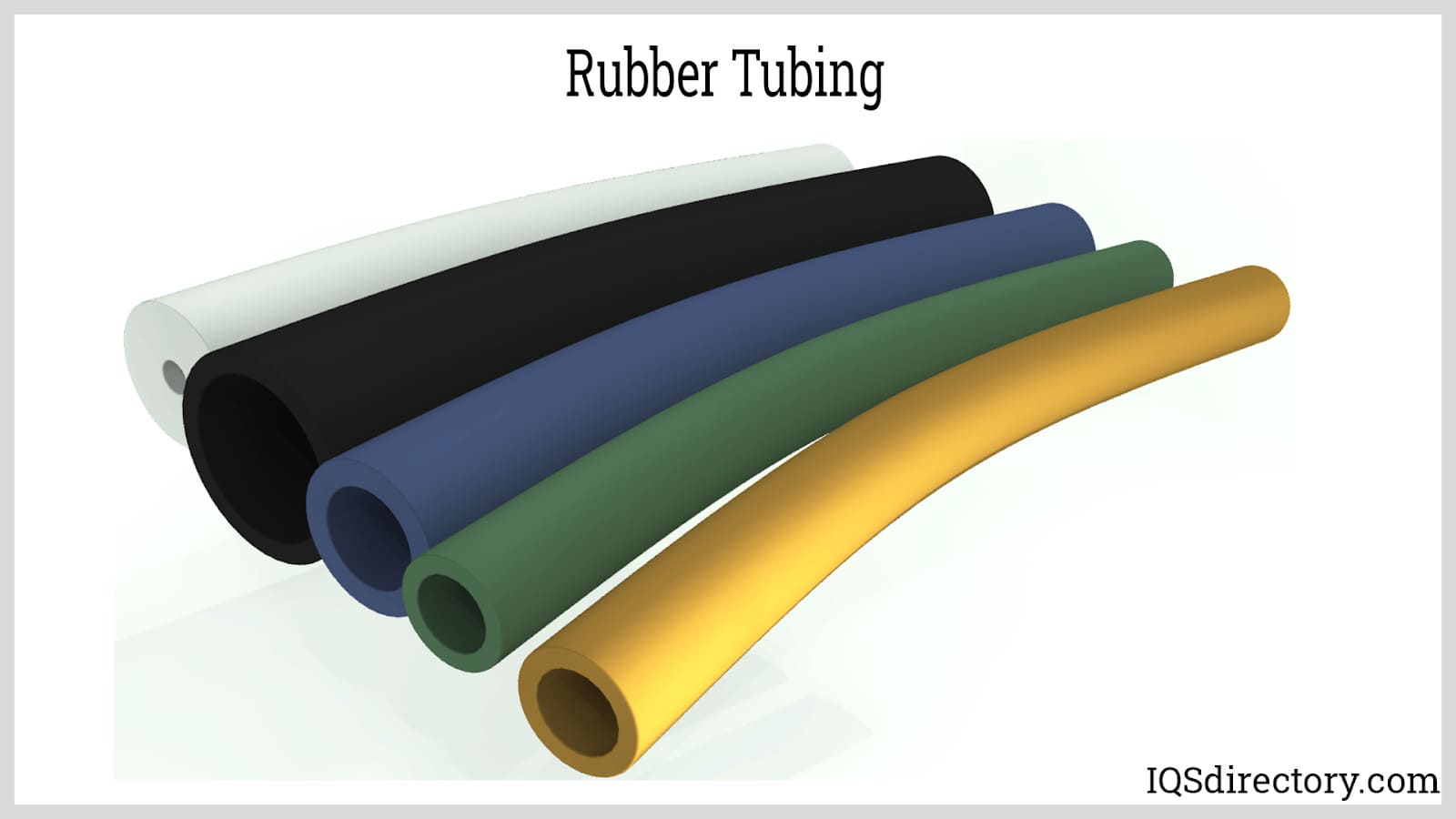
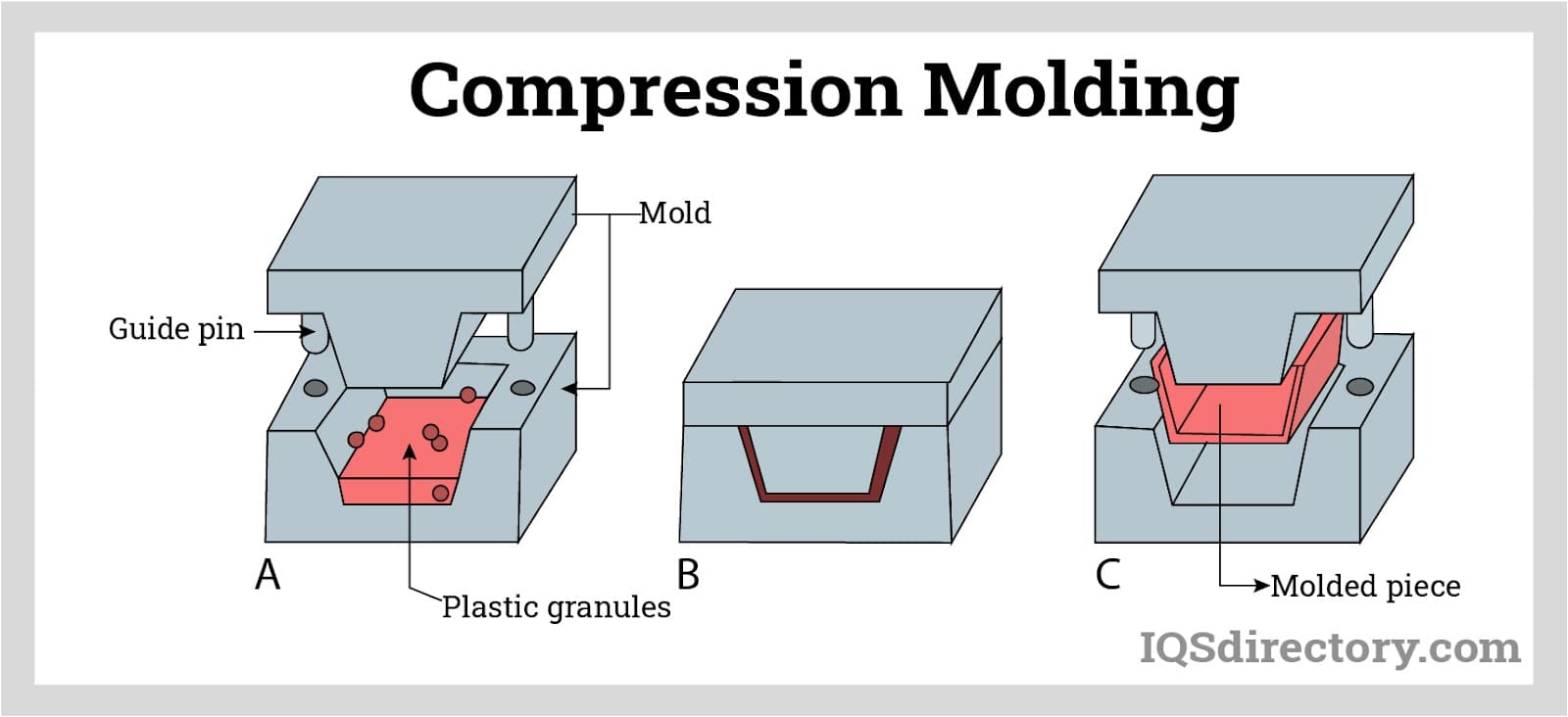
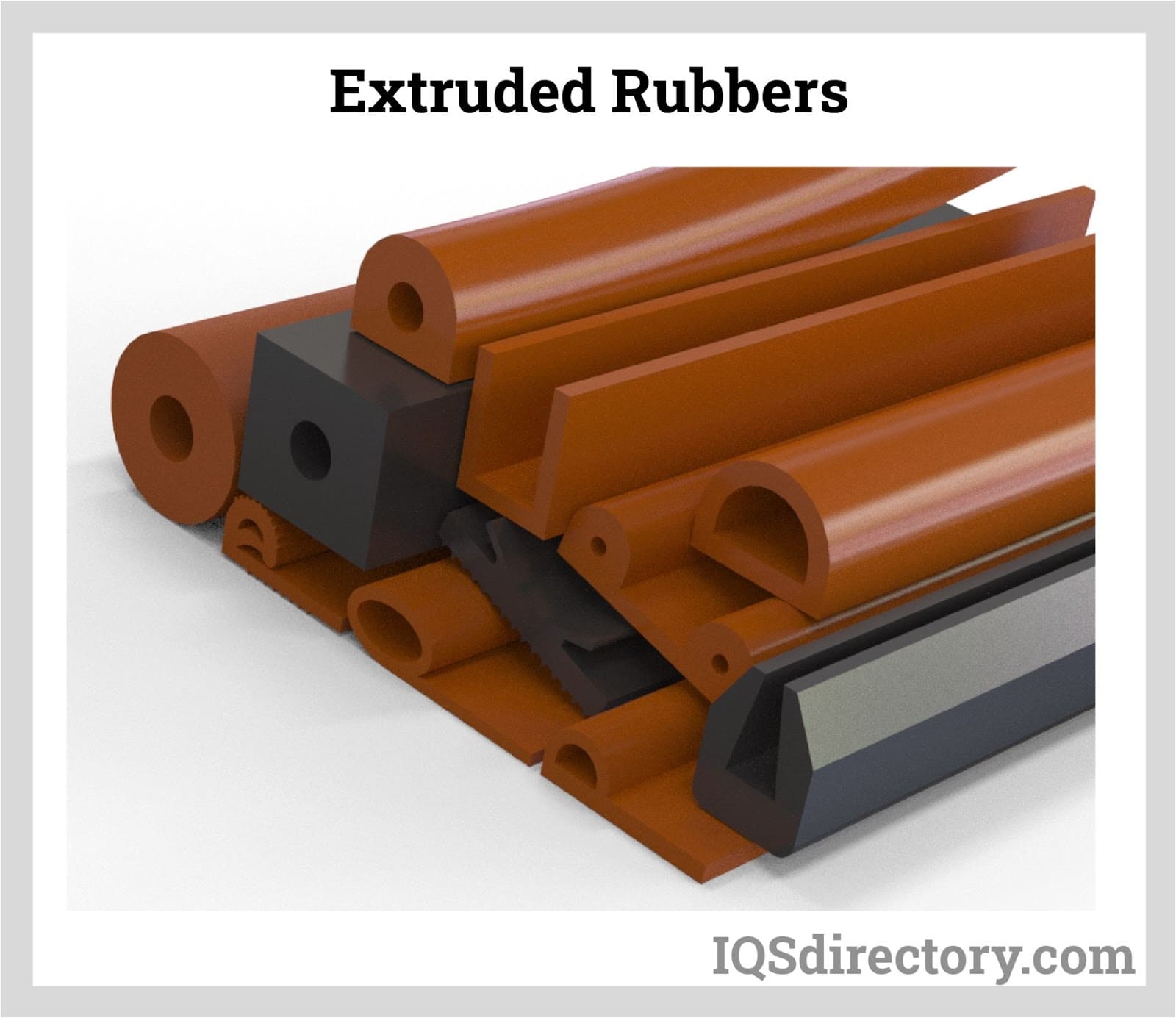
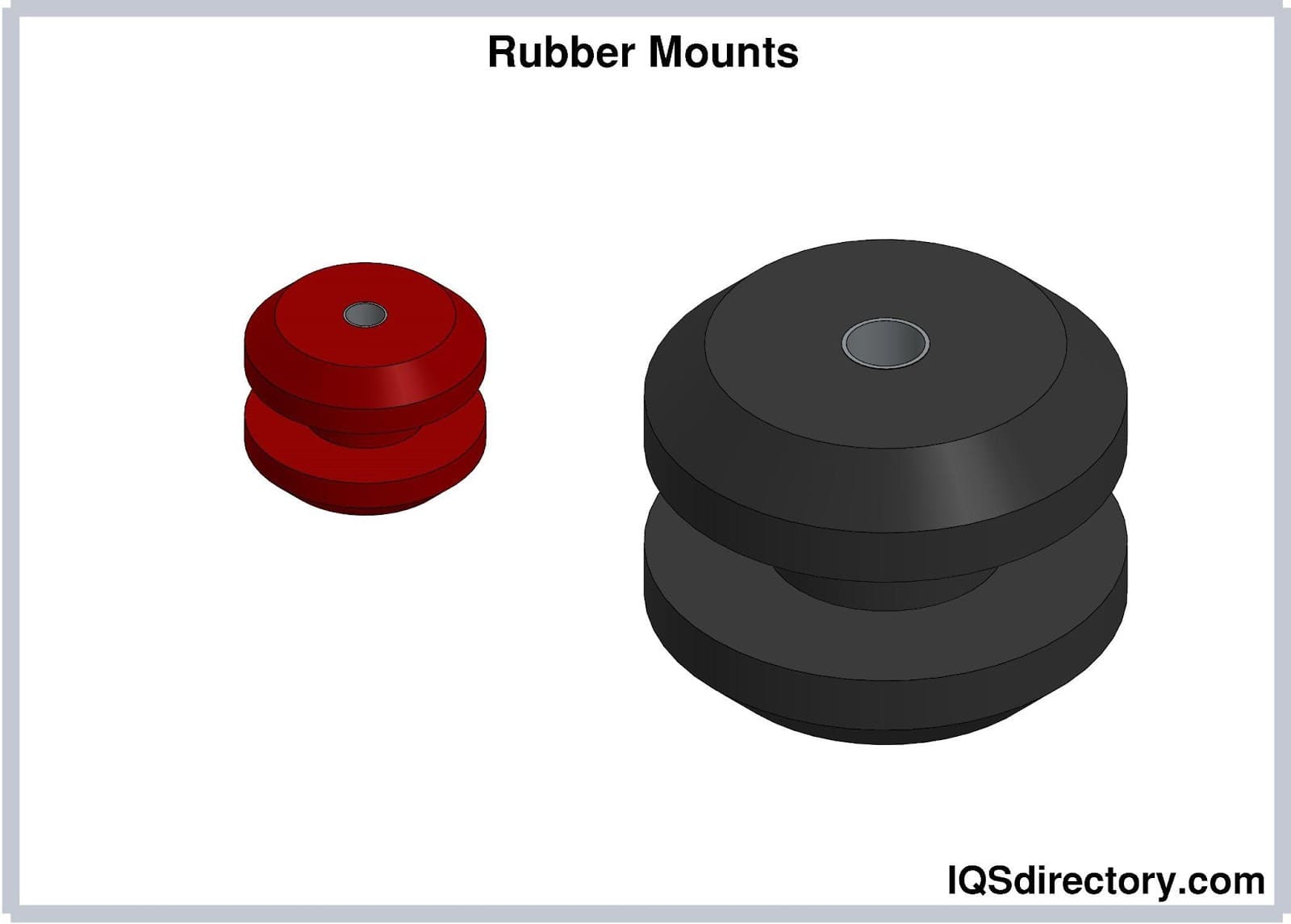
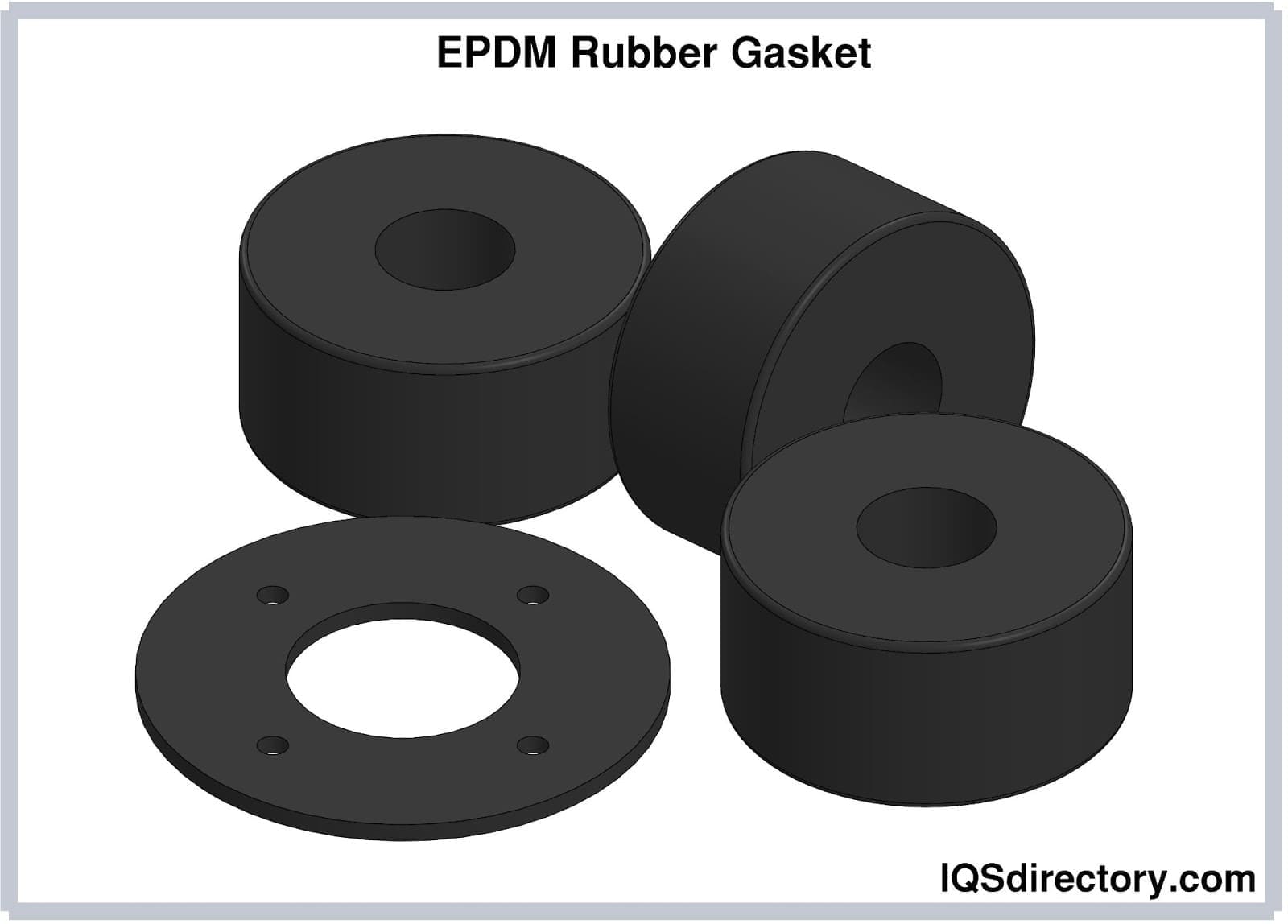
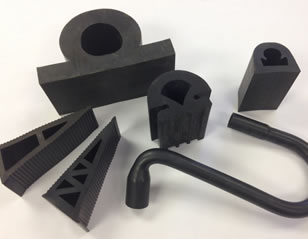 Rubber Extrusions
Rubber Extrusions Rubber Molding
Rubber Molding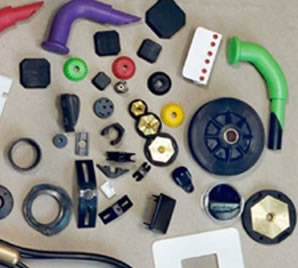 Rubber to Metal Bonding
Rubber to Metal Bonding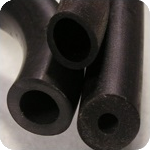 Rubber Tubing
Rubber Tubing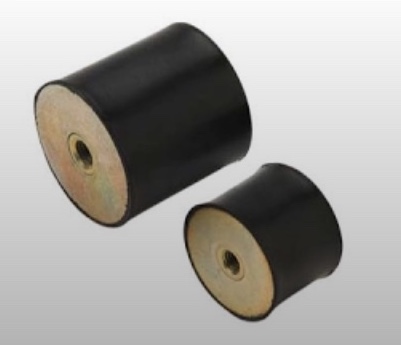 Vibration Absorbers
Vibration Absorbers Castings & Forgings
Castings & Forgings Bulk Material Handling
Bulk Material Handling Electrical & Electronic Components
Electrical & Electronic Components Flow Instrumentation
Flow Instrumentation Hardware
Hardware Material Handling Equipment
Material Handling Equipment Metal Cutting Services
Metal Cutting Services Metal Forming Services
Metal Forming Services Metal Suppliers
Metal Suppliers Motion Control Products
Motion Control Products Plant & Facility Equipment
Plant & Facility Equipment Plant & Facility Supplies
Plant & Facility Supplies Plastic Molding Processes
Plastic Molding Processes Pumps & Valves
Pumps & Valves Recycling Equipment
Recycling Equipment Rubber Products & Services
Rubber Products & Services